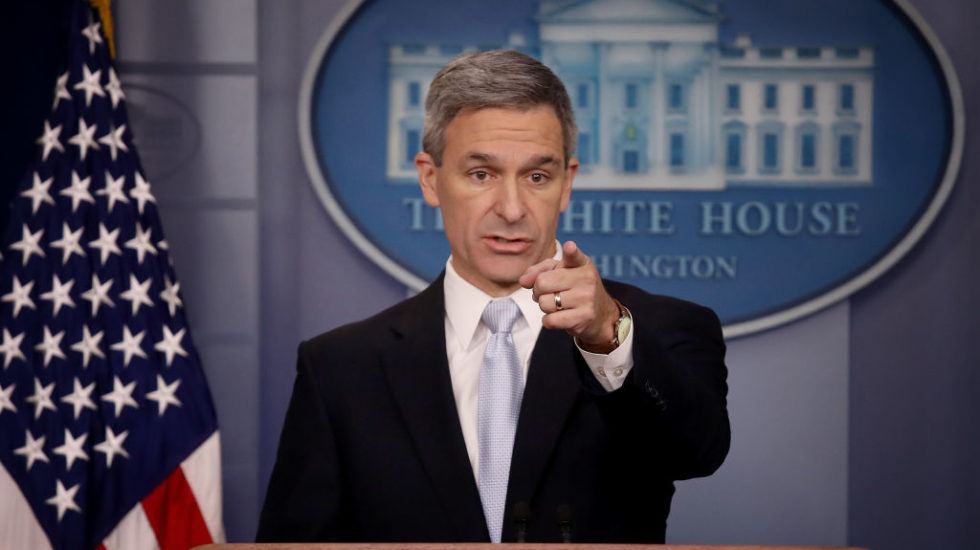The Trump administration has taken yet another step to limit who can be an American citizen: children born overseas to some U.S. service members and government employees will no longer automatically become citizens.
The new rule appears to primarily affect the children of naturalized citizens serving in the military who did not live in the U.S. for at least five years before being sent to other countries. It will take effect Oct. 29, and apply only to children born overseas after that date.
The change will not affect children of parents born in the United States.
Noting some confusion after he announced the new rule on Wednesday, Ken Cuccinelli, acting director of the U.S. Citizenship and Immigration Services (USCIS), emphasized on Twitter that the new policy “does NOT impact birthright citizenship.”
But while the change doesn’t make anyone ineligible for citizenship, “it appears to narrow how children abroad can gain citizenship,” says CNN.
There are widespread concerns, reports the Washington Post, “about the Trump administration’s emphasis on restricting immigration and amid fears that federal employees and military workers — including those deployed to military bases or dangerous countries — might not have the ability to protect their own children.”
Martin Lester, an immigration attorney who heads the American Immigration Lawyers Association’s military assistance program, told the Post the new rule makes parents who were sent abroad before they lived in the U.S. for five years “second-class” citizens.
“I don’t understand how changing this policy makes America safer by telling its servicemen and women and its government employees that it’s going to make it harder for their children to be Americans,” Lester said. “Who possibly thought that this was a good idea?”
A Navy officer told CNN that the change is “injecting serious stress among military spouses.”
“You should go onto a spouse Facebook page and see the freakouts,” the officer said.
“Military members already have enough to deal with, and the last thing that they should have to do when stationed overseas is go through hoops to ensure their children are U.S. citizens,” said Modern Military Association of America Executive Director Andy Blevins.
Perhaps adding to the challenge for parents is the fact that USCIS announced earlier this month that it is closing all but seven of its 23 international offices.



